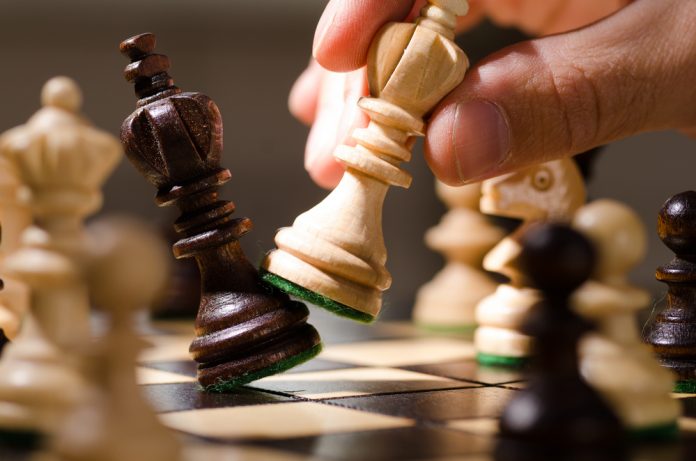Annually on July 20, International Chess Day is celebrated, marking the establishment of the International Chess Federation in 1924.
Chess is believed to have originated in ancient India during the Gupta Empire around the 6th century AD.
Originally known as “Chaturanga,” meaning “four divisions of the military” – infantry, cavalry, elephants, and chariots – chess soon spread across the world, evolving into the game we know today. Its history and popularity can be attributed to the great benefits it offers to players.
This article highlights seven mental advantages that make chess an engaging and enriching board game.
They are:
Strategic thinking and creativity
Chess offers an environment for players to exercise their creative thinking and strategic planning. There are countless possibilities on the board, and innovative ideas can lead to unique solutions and unexpected victories. This creative aspect of chess encourages players to think outside the box and adapt their strategies according to the circumstances.
Enhanced cognitive abilities
Chess is known for stimulating cognitive functions. The game demands strategic thinking, foresight, problem-solving, and pattern recognition. Regular practice of chess can lead to improved memory, concentration, and enhanced decision-making skills.
Analyzing positions and calculating potential moves boost the brain’s ability to handle complex tasks, benefitting players both on and off the board.
Patience and perseverance
Chess is a slow-paced game that requires patience. Players must carefully consider their moves and be prepared to endure setbacks. Developing patience and perseverance through chess is a valuable trait that can be applied to various aspects of life, including academic pursuits, professional challenges, and personal growth.
Critical thinking and planning
Chess teaches players the value of foresight and planning. Analyzing various moves and anticipating the opponent’s responses encourage critical thinking and the ability to assess risks and rewards.
This analytical mindset developed through chess translates into better problem-solving abilities in everyday life situations.
Improved concentration and focus
Playing chess requires intense concentration and focus. As players engage in the intricacies of the game, they learn to shut out distractions and concentrate on the task at hand. Improved concentration extends beyond the chessboard, helping individuals become more productive and efficient in their daily endeavors.
Enhanced visualization skills
Mental visualization is a crucial aspect of playing chess. Players must imagine the board and visualize the potential outcomes of their moves. This exercise enhances awareness and visualization skills, which can be beneficial in fields such as mathematics, engineering, and architecture.
Social skills and teamwork
Chess is often played with friends, family, or within a community of players. Engaging in the game fosters social interactions, communication, and the ability to work in a team, especially in chess competitions or team-based variants of the game. Chess clubs and tournaments provide a platform for players to form lasting friendships and communities.













